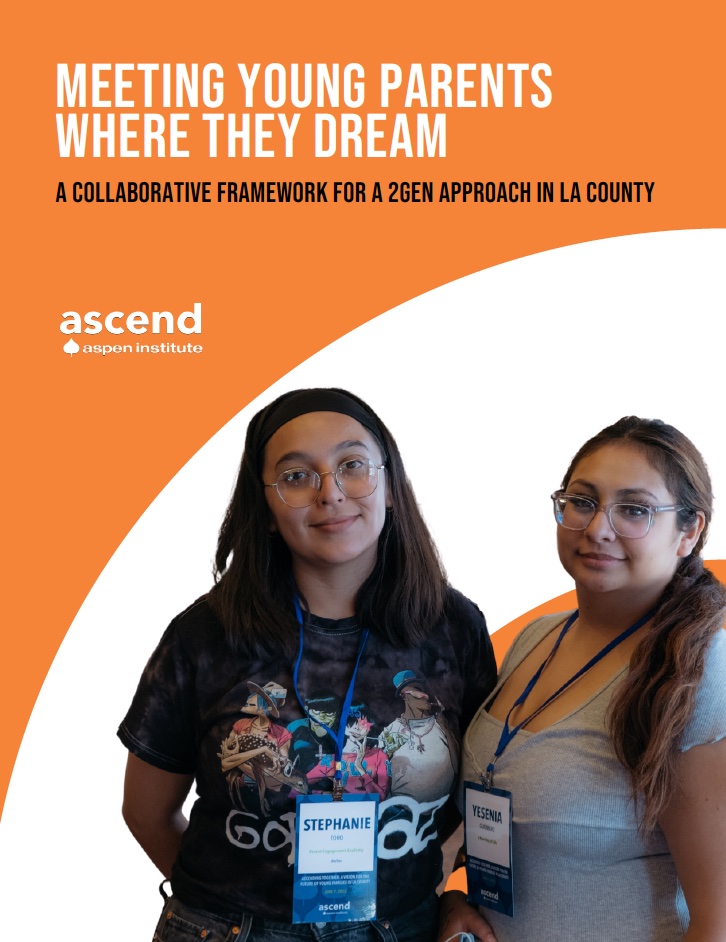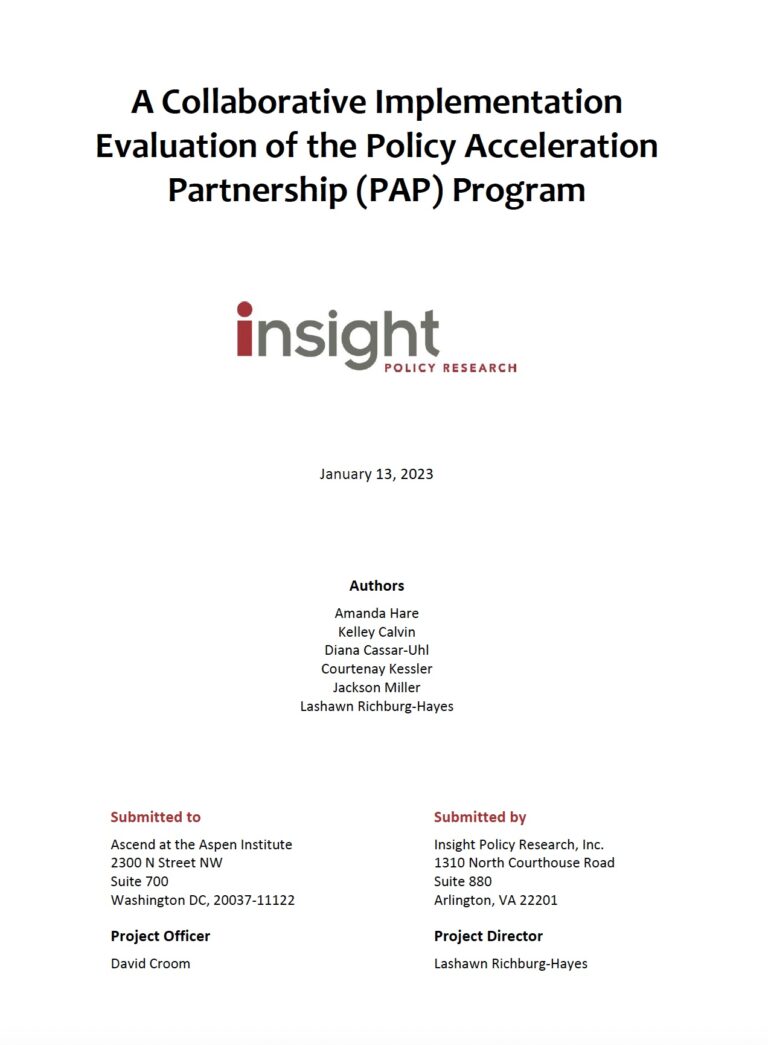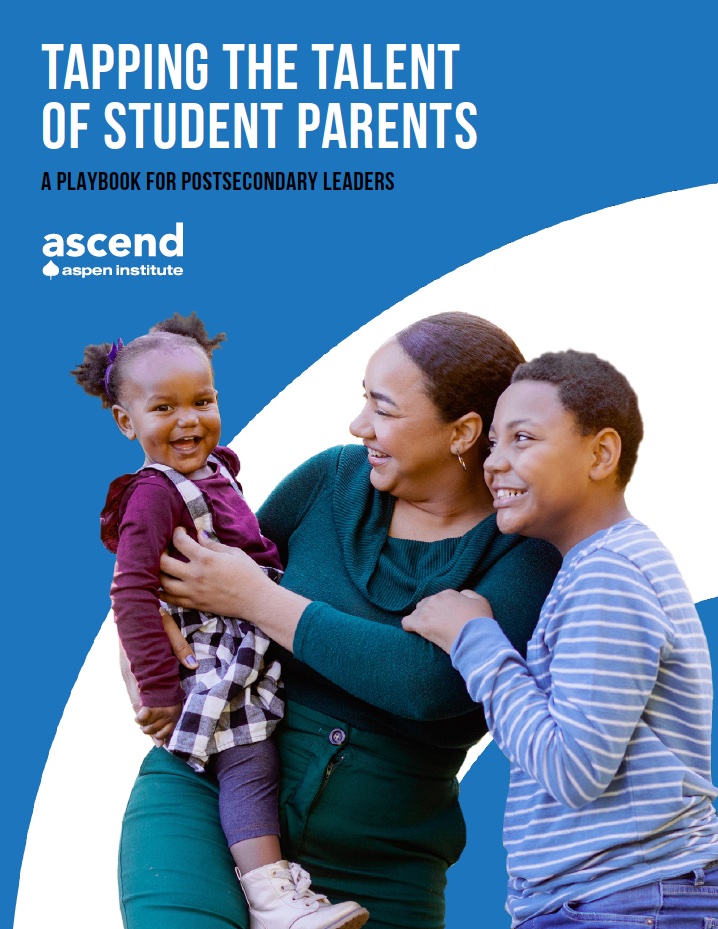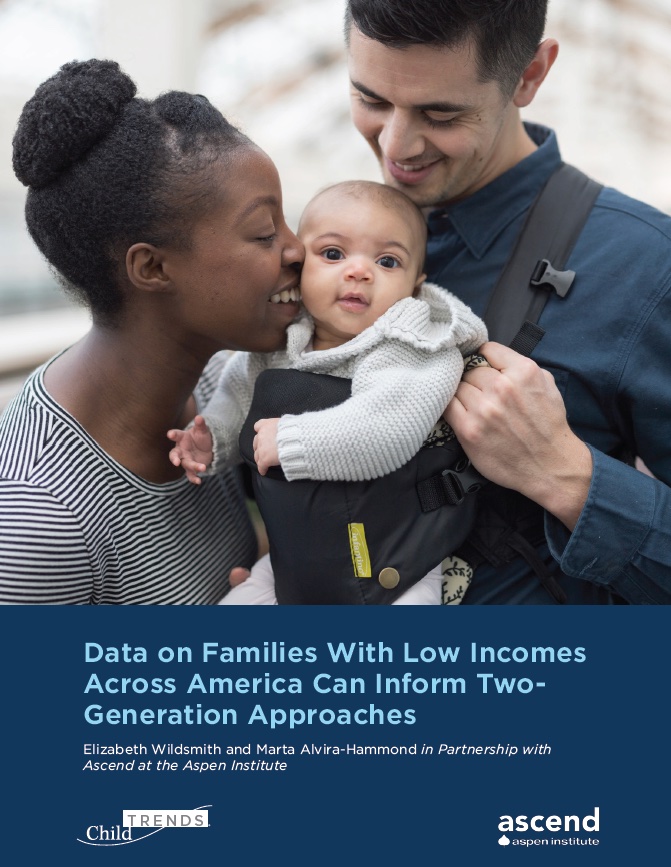2Gen Resource Library
Build whole family well-being by intentionally and simultaneously working with children and the adults in their lives together. Access hundreds of free and evidence-informed materials to advance your work supporting children and their families.
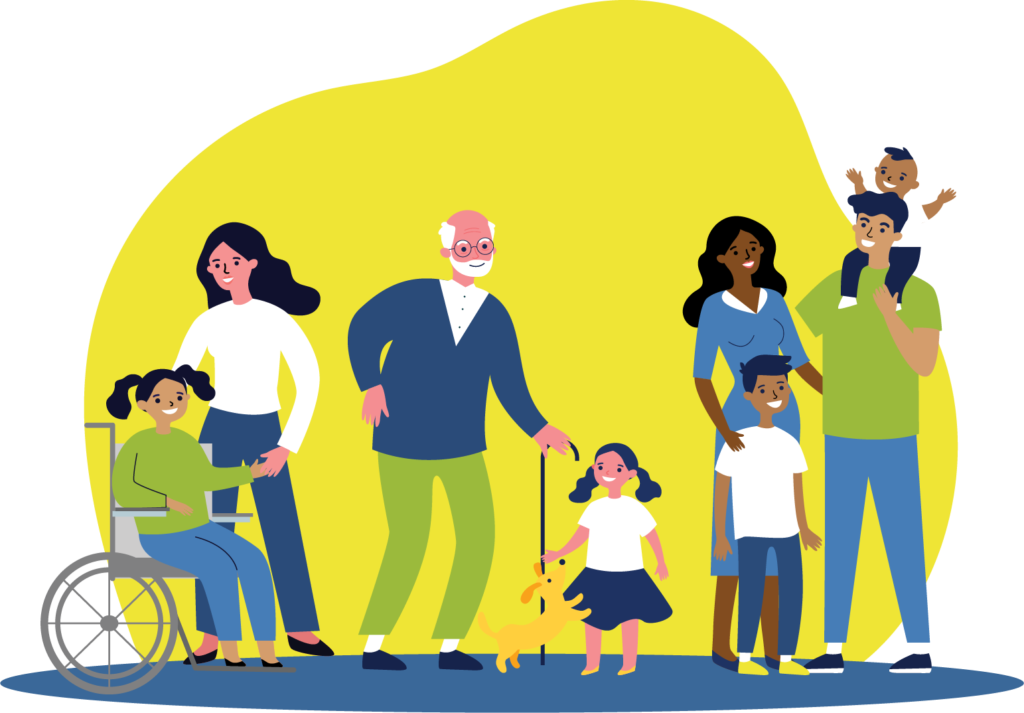
Most Recent
“We Are Here Too”: Who Are the 1 Million Fathers in College?
Among the one in five postsecondary students who are parents, there are close to 1.1…
Meeting Young Parents Where They Dream: A Collaborative Framework for a 2Gen Approach in LA County
There are approximately 10 million residents in Los Angeles County, California (LA County) of which…
A Collaborative Implementation Evaluation of the Policy Acceleration Partnership (PAP) Program
In 2021, Ascend announced six recipients of the Aspen Policy Acceleration Partnership (PAP) grants, an…
Tapping the Talent of Student Parents: A Playbook for Postsecondary Leaders
In 2020, Ascend established the Postsecondary Leadership Circle, a group of more than 20 college…
Child Trends 2Gen Data Webcast Q&A
On March 2nd, 2023, Child Trends joined Ascend to discuss a new groundbreaking two-generation analysis…
Data on Families with Low Incomes Across America Can Inform Two-Generation Approaches
Research suggests that two-generation (2Gen) approaches can help interrupt the economic and social barriers to…
Want to keep up-to-date on latest 2Gen innovations? Subscribe to our email updates to be alerted when new resources become available.
NEW TO 2GEN? WELCOME!
The 2Gen name may sound new to some, but the concept of supporting whole families is rooted in Indigenous wisdom and the Settlement House movement. The 2Gen approach is rooted in equity and parent expertise, with five key principles and six core components. Check out a few foundational materials to get started on your 2Gen strategy.
No post found!
Explore by Core Components
We define whole family well-being holistically, just as parents themselves do. The 2Gen approach works with families by focusing on six key areas that involve essential experiences, supports, and resources that everyone needs to survive and thrive.
Investing in our youngest children and families – from prenatal to age three – yields long-term benefits for society. These programs include child care, Head Start, and home visiting.
More K-12 schools are adopting two-generation approaches. Schools serve as community anchors and provide strong platforms for both children and the adults in their lives to thrive.
Parents who complete a college degree double their incomes. A parent’s level of educational attainment is also a strong predictor of a child’s success. Our Postsecondary work includes a focus on higher education, including colleges and universities, as well as workforce development programs.
Financial stability is critical to a family’s economic and social mobility. These assets include housing, transportation, financial education and asset building, tax credits, student financial aid, nutrition assistance, and more.
If a child is unwell, it can affect attendance and learning in school. Similarly, a parent’s illness can impact ability to earn or perform at work. Physical and mental health have a major impact on a family’s ability to thrive.
A person’s connections to other people, information, and opportunities to give and receive support is critical. This is a novel and key success factor to the 2Gen approach and it manifests as peer support, participation in community, leadership programs, career coaches, and so much more.


